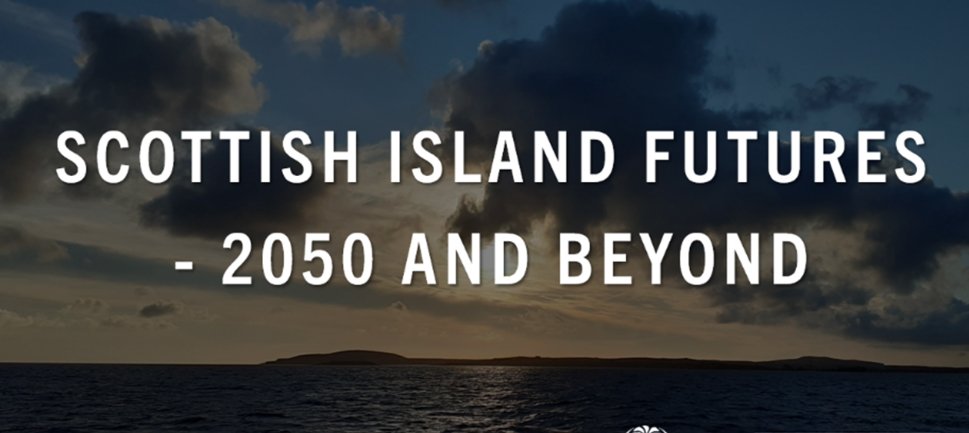GLASGOW — In 1945, Clement Attlee challenged a battered post-war Britain to imagine something better. His manifesto, Let Us Face the Future, offered a bold, moral vision. It wasn’t just a campaign slogan—it became the blueprint for the NHS, the welfare state, and the notion that government could be a force for good.
Eighty years on, Scotland finds itself in another defining moment. But this time, there’s no post-war consensus or political courage fuelling a great national renewal. Instead, we’re gripped by drift. And today’s young workers? Many feel betrayed.
A Generation Let Down
This isn’t just about economic mismanagement or a difficult fiscal climate. It’s about political culture. The kind that prizes power over purpose, and rhetoric over realism.
Too many of those in public office—both at Holyrood and Westminster—have avoided the difficult, often unpopular, choices about how to allocate scarce resources. They’ve talked endlessly of ambition, fairness, and transformation. But when it comes to defining priorities, or cutting pet projects in favour of urgent needs like education, social care, or housing, silence often prevails.
The result? A generation of workers grappling with rising costs, creaking services, and a sense that the system is not on their side.

Remembering the Post-War Ideal
The Attlee Government did not simply react to a crisis—it redesigned the state. That involved asking hard questions. What should government do? What should it stop doing? How do we balance fairness with sustainability?
Today, that kind of national introspection feels absent. Scotland, like the UK as a whole, faces existential challenges: an ageing population, a skills shortage, a deeply unequal economy, and a climate emergency that will test every level of government.
So, What Now?
What Scotland needs isn’t more reports or slogans. It needs something far rarer: honesty.
Honesty about what we can afford. Honesty about what must change. And honesty about what kind of country we want to be—not in five months, or even five years, but by 2050.
This will require leadership not seen in decades. It will require citizens willing to ask more of their institutions. And it will demand that politics once again becomes a serious business for serious times—not a theatre of blame or populist posturing.
As history shows, when nations confront reality with clarity and courage, they can emerge stronger. Scotland still can. But the clock is ticking.


















